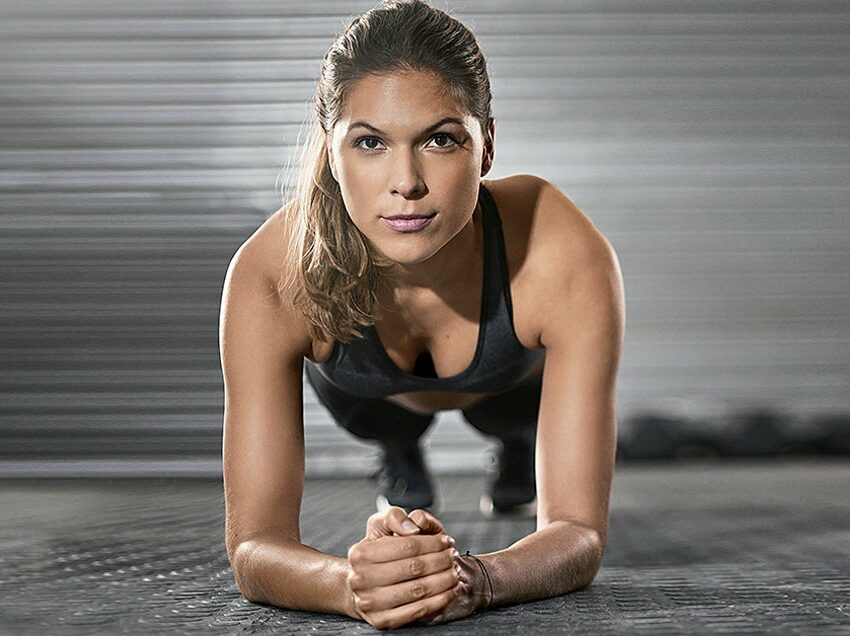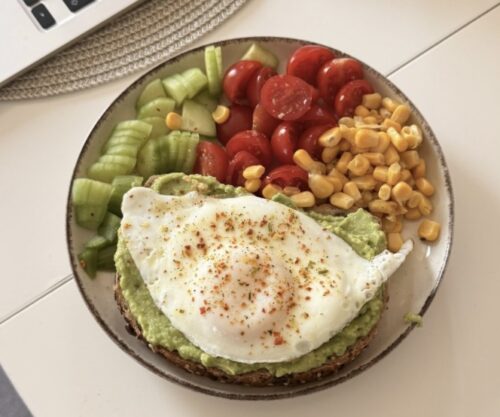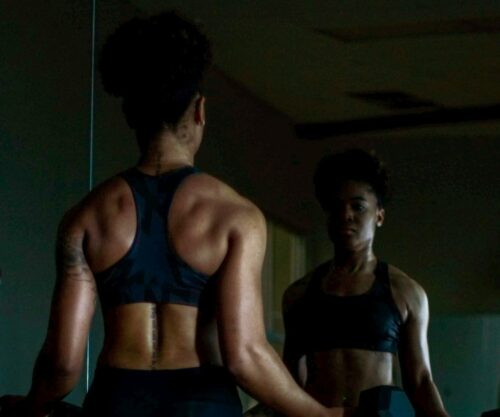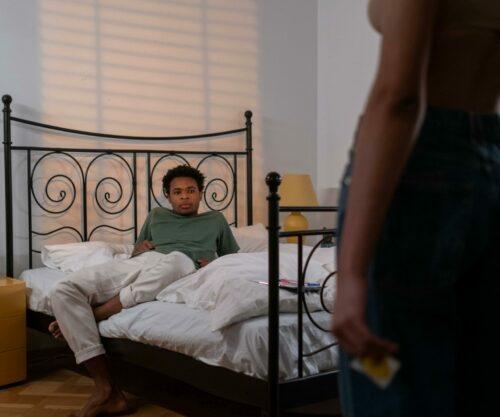
Strong Women, Safe Spaces: Fitness Beyond the Gym
As Women’s Month draws to a close in South Africa, the conversation moves beyond hashtags and breakfast events. It’s a moment to reflect on real empowerment, what it means to succeed, feel strong, and hold space for oneself in a world that doesn’t always make room for women.
For decades, gyms and fitness culture felt like an exclusive men’s domain. Heavy weights, intimidating mirrors, and high-energy atmospheres often left women on the sidelines. When women did step in, it was frequently framed as “bouncing back” after childbirth or chasing a particular aesthetic. But things are changing. Across the country, safe, supportive fitness spaces are helping South African women redefine strength, not just in body, but in mind and community.
Why Safe Spaces Matter
Karen Loader, CEO of F45 Training South Africa and mother of two, says that fitness is no longer just about lifting weights. “Safe spaces allow women to show up fully, without judgment or ego. It’s about confidence, resilience, and community,” she explains.
Research backs her up. The Journal of Sport and Health Science highlights that women stick to routines longer when they feel safe and supported. At F45 studios, Loader has designed environments with no mirrors, no pressure, and no hierarchies, welcoming everyone from young athletes to older women returning to fitness.
Motherhood, Ambition, and Redefining Strength
Fitness for women, particularly mothers, often intersects with identity. Loader shares, “Motherhood doesn’t dim ambition; it sharpens it. Exercising allows me to show up better at home, at work, and in my community.”
Studies show that regular activity boosts mental clarity, reduces burnout, and strengthens emotional resilience—all critical for women balancing careers, family, and societal expectations. Importantly, Loader emphasizes that strength is multidimensional: “It’s about confidence, presence, and showing children that resilience comes in many forms.”
In South Africa, new mothers often face pressure to “bounce back” physically and professionally. Loader argues that this mindset is harmful: empowerment is not about returning to an old version of yourself—it’s about moving forward stronger and on your own terms.
Fitness as Medicine
Beyond aesthetics, exercise is a form of medicine. Research consistently links physical activity to reduced anxiety, better sleep, and a lower risk of chronic disease. Loader treats her workouts like essential appointments: “Those 45 minutes aren’t negotiable. Without them, everything else feels harder, work, home, mindset.”
The science supports this. The Lancet Psychiatry reports that even short bouts of exercise significantly improve mental health. In this context, the narrative of health is shifting: it’s no longer about being skinny, it’s about being strong, balanced, and mentally clear.
A Cultural Shift in Wellness
Across South Africa, women are redefining wellness. Communities are embracing functional strength over scales, prioritizing mental health, and making choices like sobriety and holistic wellness. Gyms, wellness collectives, and online communities are more than spaces to work out, they are spaces to rewrite outdated social norms and thrive unapologetically in feminine energy.
As Women’s Month comes to an end, the challenge remains: these conversations must continue year-round. Safe spaces in fitness aren’t a luxury, they are essential. Because when women feel strong, supported, and visible, they don’t just lift weights, they lift entire communities.
{Source: IOL}
Featured Image: X {@WomensHealthMag}




